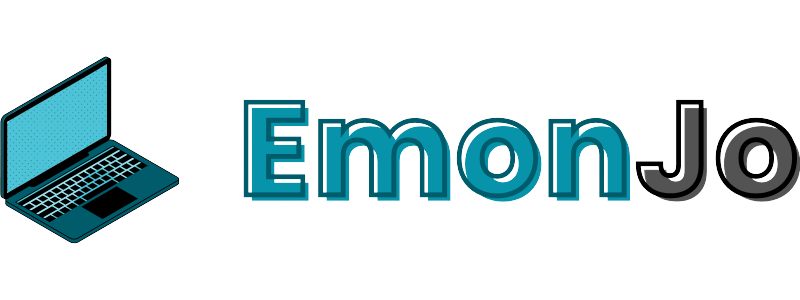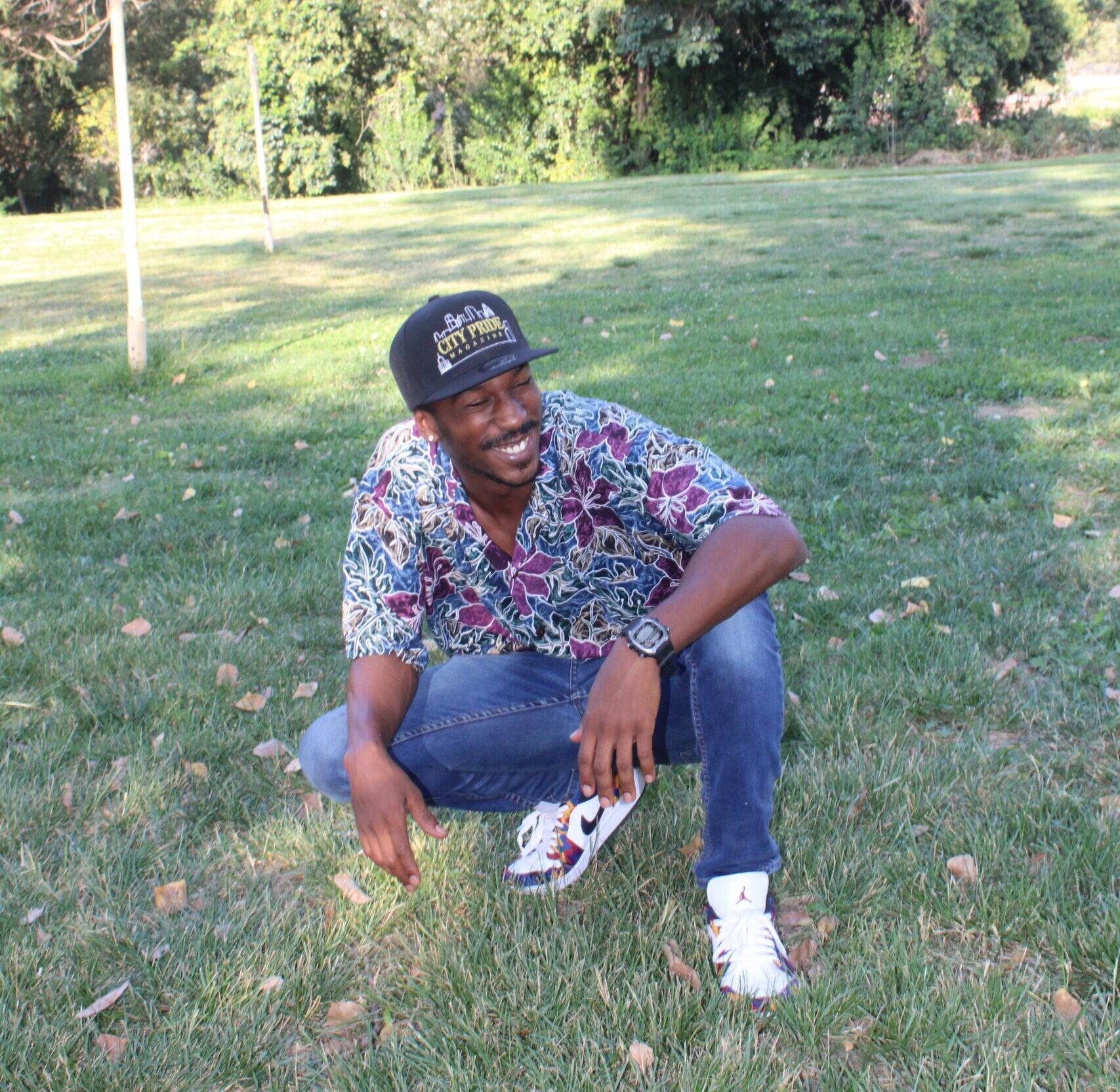Do you know the feeling of total engagement in a task? When your body moves effortlessly with what you have and need to accomplish.
Whether it be in sports, office work, child care, or whatever, we all have these pockets of beautiful, decisive actions with certain activities. Those moments when we’re fully aware of all the circumstances between us, and whatever goal we’re trying to attain.
This is known as The Zone.
Each of us has several zones, or different ranges of comfortability and confidence, in the many activities we do on a daily basis.
When it comes to tasks that we’ve grown accustomed to or very much enjoy, we can enter the zone-zone. That real shit.
For example, any behavior interventionist, teacher, parent, or gym coach, will be able to relate to the zone one creates when maintaining compliance from several high-energy, short-attention span-ass, children. It’s a wondrous place, but it can be draining to hold.
It’s like Ultra Instinct Goku.
Teacher You: “Alright shit. These kids are going to come in rowdy as usual. If I get Jason to start his work before Andrew can even begin his fuckery, I’ll have enough time to finish the lesson for the main group who listens, and I’ll be able to give Andrew the one-on-one pep talk that’ll get me through the period. Let’s go, let’s go!”
As a behavior interventionist myself, I’ve run through scenarios like this many times. Having an archive of behavioral tactics helps to get my clients to comply with me. The blueprints create this headspace of precise decision-making to ensure I get the last laugh (or get them in their seat).
Essentially opening the door to My Zone.
My space where I know exactly what I must do and say to achieve my goal.
This article discusses the importance of the zone, how to find it, and how to maintain it once you’re in it by avoiding the misfortune of the Jinx Effect.
What is The Zone?
The Zone represents the unafraid, adventurous, and committed parts of your being. The side of you that is ready for the next thing coming your way, every time.
It’s when you’re on the court, and even though you see that dude coming from the left, you know you’re faster; so you dribble up pass him; but then, his teammate switches on you and now you’re double-teamed; thankfully, you have the alertness to look around the court, while still moving forward, and see a teammate open; so, you gesture to pass it to them, with just the twitch of your head or arm, mind you; not actually pass it to them, dodge the bitch ass nigga who took the bait, and make your way to the hoop for a beautiful lay-up. Or dunk, maybe you’re tall like that.
It’s like opening up the chakras, yo. It’s Avatar Mode.
The power-up to your fullest abilities. Abilities you know you have, but don’t always access as seamlessly, lest you’re hyper-focused; aka, in The Zone.
What is the Jinx Effect?
The Jinx Effect refers to the state of mind you take on when you begin questioning yourself on things you may actually have the ability to complete deliberately and unwaveringly. Generally, the Jinx Effect appears for a few reasons:
- I haven’t tried this before
- People are watching or will see this
- People have seen me do bad at this
- I don’t do this very often
- I just got “lucky” those past times
And a number of other bitch-made thoughts that forgive your lack of conscious effort, making you claim yourself inadequate.
Even though you know you can do it. You were just doing it when they weren’t looking.
The Jinx Effect disrupts concentration because you deposit your conscious ability to accomplish a task into realms outside of your control. You attribute them to things like luck, chance, or the ability to do them only at certain times of the day or with certain people.
This is me every time I try to sing in front of people. I swear to god I hit those notes when I’m by myself.
The Importance of The Zone
The zone is important because it allows you to move and agree with your movements. Actions are simplified; thinking is clear. You know what you need to do or how to find out. And, you agree with the search and discovery of your decision-making.
The zone, in essence, is clarity.
Now who wouldn’t want that?
How to Find The Zone
Each of us has different zones, remember.
We all feel confident and comfortable in different areas. Some of us are great crafters: leggo champs and knitting gods. Others, great influencers: writing lords and therapy magicians.
Generally, obtaining the zone in anything comes with the 3 P’s: practice, persistence, and pleasure.
It’s that simple. To become better at something, you have to do it. To improve in the skills you acquire after learning something, you have to tone and perfect them. And to want to do any of this…well you have to want to do it.
You have to enjoy some part of the process. Otherwise, why would you do it?
Enjoyment does not necessarily mean you enjoy every nitty-gritty portion of an activity; however, it does mean that you enjoy the overall reasoning as to why you engage in the discovery of properly performing that activity well first place.
Meaning, you want to get something out of it.
Maybe you draw and don’t know why. You just like it. And, now that you’ve done it for, say, four years, you’re pretty good. You got the fine detailing down, know how to draw things proportionately, and your shading is through the roof.
Having committed time and effort over a long span, you’ve acquired skills that have simplified how you concentrate on your task. Not only that, but you’ve also become more creative in delivering your own style based on the information you’ve gathered from previous methods.
You’ve found the zone.
How to Maintain It
Again, the zone is deliberate, effortless commitment.
To obtain it, you must commit. Surrender your intelligence to doing one thing. In trying to be more loving, more intelligent, a better pool player, dog trainer, father, son, relaxer, hard worker, anything: the first thing you have to do is agree to doing that one thing.
Sure, multitasking can be done while in The Zone, in the sense that you can commit to walking down the street and balancing a broomstick on your hand simultaneously. However, the primary commitment in your head is: don’t let the stick fall.
So it’s not exactly multitasking.
Walking is a subsequent part of the main activity. Unless of course, it is also a part of the game.
If, say, you wanted to make it a certain distance before the stick fell from your hand, walking then would be a part of the primary objective. That is, get there while still holding the stick. If committed, you would have then figured out a way to both move and balance the stick.
The same simultaneous commitment can be seen in different areas of our lives. We can be great water drinkers and pet rubbers at the same time. Will we be in The Zone? Well, that depends on the outcome we desire.
If all we want to do is drink water and rub our pet, then yes, because it’s all we want to do. Since we’re not at odds with any part of ourselves, we are in a sense, in the zone. We’re doing all we’ve committed to do.
However, though at that moment we are not afflicted by the guilt to aspire, we know there are other things, more important things, we can commit to.
And the first step in commitment is trying.
Attempting to produce the results you want to see in whatever activity you’re engaged in, is ultimately what will build confidence and familiarity in your efforts. Or, at the very least and most essential, it will induce pleasure.
You’ll be happy discovering the new limitations of your body. What’s more, you begin to look for ways to beat them.
Attempting to commit to mastering your desired comfort level in different tasks preps your brain for the inevitable transitional period that accompanies most forms of discovery.
You know what I mean: that slight anger you feel at not knowing something you feel like you should have known, so you attribute your lack of knowledge to some external inhibiting force.
Someone or something else’s fault for you not being as good as you like.
The best of us, however, change the gears in our heads, taking control over the jealousy aimed at faults in other people and point the finger at ourselves.
Why can’t I just be the best, for me? I want to prove it to myself that I can make it.
When you commit to doing something for yourself, you nurture the soil that confidence and comfort grow on. Even when you’re doing something for yourself, for someone else. You maintain the commitment in your head to the goals or morals you’d like to see. This makes maintaining your Zone, in the many areas of your life, all the easier.
The elite among us live the majority of our waking, and sleeping, moments, in the zone. We have found ways to commit to the many things we must do to feel content. Or at least, have committed to constantly searching for an answer.
Most people, however, are simply on borrowed time in their own heads. Only popping up for an occasional ass-whooping they need to give to someone on Super Smash Bros., or that one test they know they should study for.
A lot of us don’t try or want to try any harder than we already are.
And for that reason, a lot of us don’t have multiple activities that we enjoy doing well in or improving in.
Instead, we’ll have maybe one or two.
I’ll be a good student and good intramural basketball player, but, knowing how to pay bills accurately or how to apply for government stuff in one go, without having to take days to get myself to the computer, and me bitching the entire time while simply clicking stuff - stuff that’s designed to help me get more, better things - nah. That, I don’t mind being bad in. I don’t mind holding no “zone” in that activity.
You think ima read the terms and conditions?! You got me fucked up.
The Simple Answer
To get into the zone, the first thing you have to do is try. Breathing is key in most novel activities. If you can control your breathing, you can control the flow of your thoughts more easily. Oftentimes when you’re confused and you’re legit trying and unsure why you feel so slow in thought, you’re not breathing properly.
Remember to breathe and commit. Remain vigilant. Choose desired skill levels and deserving rewards once you hit each one.
As anger is often accompanied by confusion and weariness; and, when we are in these states, we’re more prone to the distractions and itches that take us away from our projects, we must remember: just because I’m not killing the game, doesn’t mean I won’t be.
Having a rotation of fidget toys, wine, potty breaks, I don’t know - whatever helps you maintain your concentration by being checkpoints along the race to your goal - is essential in maintaining your focus.
For some of us, it’s time in between the start and finish of our project. Others will have specific songs we’ll listen to, or certain rituals we perform that lock us into grind mode.
Whatever it is, we all have ways to make difficult things a bit more comfortable by adding layers of our consciousness to ourselves while working.
Yes, like talking to yourself. Finding your voice. That, “I got this. Hold it, hollld it. One more. I got it. Easy. Boom muthafucka!”
Obtaining that voice is the most essential step in mastering how you do different things in life. It creates a chain of thoughts that allow you to continually consider and improve to your liking.
Once you’ve done this, you’ll be well on your way to living your life, in your zone.





